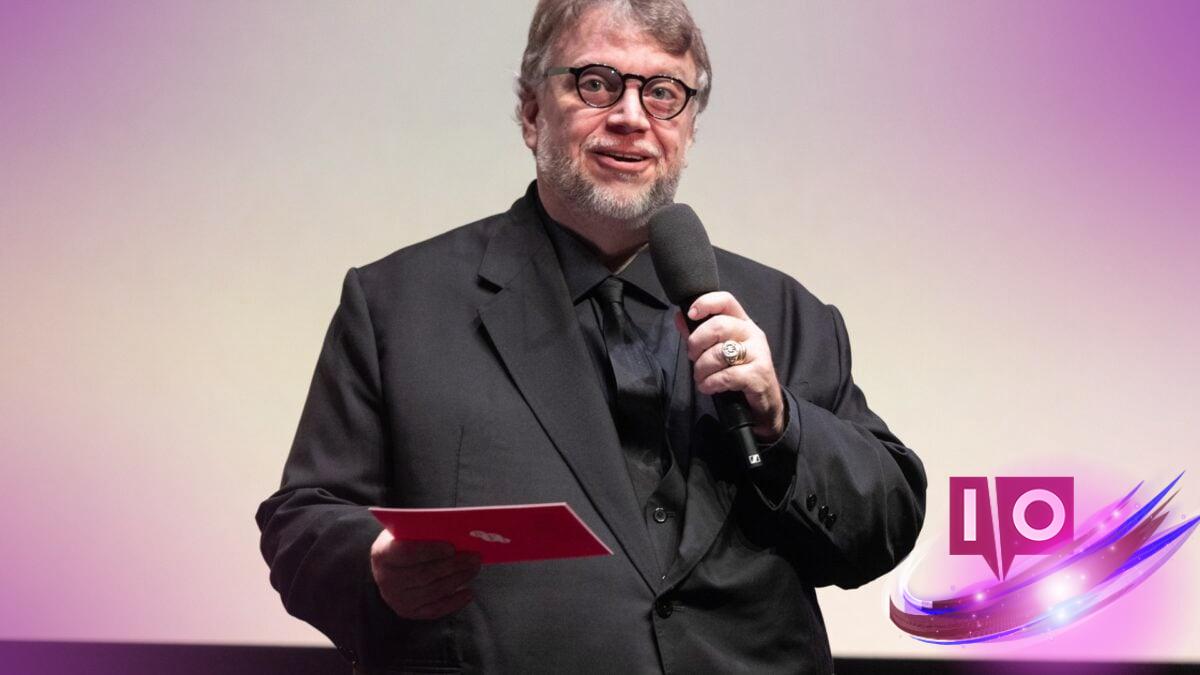Oscar-winning director Guillermo del Toro has stirred significant conversation during his press tour for the film adaptation of Mary Shelley’s Frankenstein. Fans and critics alike are captivated not only by his unique vision but also by his sharp commentary on pressing issues, including the role of artificial intelligence (AI) in creative fields.
Known for his inventive storytelling and artistry, del Toro has made a mark in the cinematic world. His latest project, Frankenstein, showcases his remarkable ability to intertwine classic literature with modern themes, leading to intense discussions around creativity and technology.
1. Del Toro’s Vision for Frankenstein
During interviews, del Toro discussed his innovative use of miniatures in the film, highlighting how they contribute to the atmospheric storytelling that fans expect. He’s also considering future projects, such as an adaptation of The Phantom of the Opera, indicating his continuous passion for the horror genre.
2. A Staunch Critique of AI in the Arts
Del Toro is particularly vocal about his disdain for AI in creative processes. In a conversation with NPR, he stated that his primary concern is not so much AI itself, but rather the “natural stupidity” often overshadowed by technological advancements. He linked the arrogance of tech leaders to the blind ambition of Victor Frankenstein, illustrating the potential ramifications of neglecting to consider the consequences of our creations.
3. The Dangers of AI and Its Impact on Creativity
Del Toro warns of the detrimental effects that reliance on AI can have, not just on personal memory and creativity, but also on the environment. He noted how AI technologies can lead to unsustainable practices, with significant energy consumption contributing to global warming, primarily for generating trivial digital content.
The director expressed a strong message against AI, stating, “Fuck AI,” a sentiment resonating deeply with many who value human artists and their work. This declaration encourages a broader conversation on the importance of preserving creativity as a fundamentally human experience.
4. Del Toro’s Commitment to Authenticity
As he reflects on his experience in the industry, del Toro emphasized that he has no interest in using generative AI. “I’m 61, and I hope to be able to remain uninterested in using it at all until I croak,” he remarked, highlighting his commitment to traditional artistic methods and storytelling.
In an era where some filmmakers embrace AI, del Toro stands out as a defender of human artistry. His upcoming film is creating buzz not only for its compelling narrative but also for the ethical stance it embodies against the growing infiltration of AI in creative industries.
5. The Reception of Frankenstein and Future Implications
Frankenstein is set to hit select theaters and will premiere on Netflix on November 7. As audiences eagerly await its release, the film is sparking discussions about the necessity of human touch in creative fields. Even as some projects experiment with AI, the feelings of skepticism and caution from figures like del Toro encourage a reevaluation of what it means to create art.
Will filmmakers increasingly distance themselves from AI? How will audiences respond to films that publicly reject the use of generative AI? These questions highlight ongoing debates about the intersection of creativity and technology in modern cinema.
What are the implications of AI on creative jobs? The rise of AI technologies has raised concerns among artists regarding job security and the essence of creativity itself. Protecting artistic integrity is vital, and many believe that AI cannot replicate the nuanced touch of a human creator.
How does del Toro’s approach affect the perception of creativity in cinema? His outspoken views on AI challenge filmmakers to prioritize human storytelling, emphasizing the value of original thought and craftsmanship over automation.
What are some alternatives to AI in filmmaking? Filmmakers can explore various storytelling techniques, like practical effects and traditional animation, to maintain authenticity and engage audiences without relying on artificial intelligence.
As we reflect on the future of cinema, del Toro’s insights serve as a poignant reminder of the human spirit within artistic endeavors. Continue exploring the latest in the film industry and beyond at Moyens I/O.
